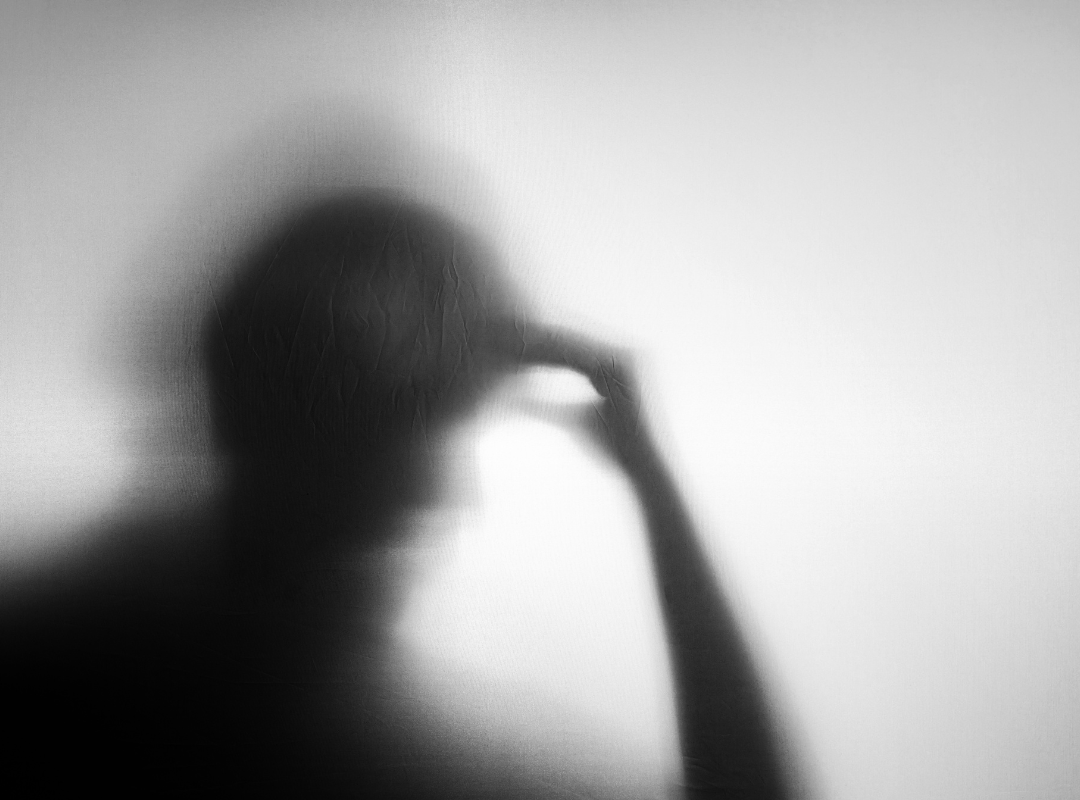You’ve got to love a tweet that sums up everything all at once in 280 characters or less. This one popped up on my Instagram last fall (probably on the podcast Upstream’s awesome account):

That’s it. That’s the tweet. That’s why we’re all so tired, burned out, anxious, depressed, lonely, unfulfilled, and worried about the future. Why rates of anxiety and depression are climbing. And rates of loneliness, sleep issues, and suicide.
All we have is ourselves
We live in a culture that puts everything on us as individuals. If we’re struggling to find a job, it’s our fault. If we’re struggling to pay the bills, we just need to work harder. If we’re unhappy, it’s because we made a wrong choice somewhere along the way. If we’re anxious or having trouble sleeping, we just need to take a pill or go to therapy. (I’m a true believer in therapy, as you might expect. But it’s still only an individual solution to problems caused by something much larger than us alone.)
We’re forced to work way too many hours—including stuff like making doctor’s appointments, raising children, and doing housework (“adulting”). By the time we get a moment to rest, all we often have the energy for is vegging out in front of a screen.
What I remind my therapy clients is that this is not how humans lived and thought about themselves before a few hundred years ago. Before capitalism, our ancestors lived in communities that shared the work of sustaining life. Much of what they used day to day was known as “the commons,” or resources shared by all members of a community. Forests for gathering wood, hunting, and enjoying nature. Pastures for growing food. Ancestral knowledge passed down through storytelling, playing music, dancing, and singing.
Our ancestors didn’t think or talk about themselves as separate from others and the earth—like we do now. It wasn’t perfect. They suffered like all living things do. But at least they had each other.
Today, all we have is ourselves. And maybe—maybe—a partner, a dog or cat, and a couple kids. Our lives are centered around working for someone else 40+ hours a week. Much of capitalist life is waiting for some better future off in the distance, when we think we’ll finally feel happy, fulfilled, connected, and surrounded by the community we so desire.
How it plays out for men and women
When it comes to gender, everyone suffers—but in different ways. Women often have to play the role of the entire support network for men. Women spend twice as much time on housework as men and four times as much time on childcare. I wrote about why here.
The rise of capitalism in 1500s Europe pushed women into focusing on housework where, as political philosopher Nancy Fraser puts it, it was “sentimentalized and naturalized, performed for the sake of ‘love’ and ‘virtue,’ as opposed to money.” The Italian feminist Silvia Federici has documented how the witch hunts that murdered an estimated 50,000 European women between 1400 and 1750 were aimed at those unwilling to this new role for women created by the emerging capitalist class. This same process has been repeated over and over again as capitalism has spread in more recent years throughout the Global South.
For men, we’ve been taught by capitalism to overemphasize work at the expense of nurturing a support system. I saw a TikTok video the other day that pretty much sums it up. It’s titled, “Life after college as a 28-year-old with a normal job.” The man wakes up, drives to work, sits in a cubicle, drives home for lunch, drives back to work, works out at the gym, and ends the night drinking beer in front of the TV—all without interacting with a single person. I wish I could say it’s an exaggeration. But during single periods of my life, many of my days have looked just like that. I’m not alone in this. A 2021 survey found that more than one in four men under the age of 30 had no close social connections. None.
All I have is questions
Sorry to leave you hanging in the hopelessness, but all I have right now are questions: What do we do about it? How do we build community in a system designed to destroy it? How do we get back to connecting with each other and the earth?
I guess I have emotions too: anger at rich people, grief about what’s been lost, fear about the future.
I don’t have the answers. This newsletter is one way I’m trying to figure them out—together.
Email me your thoughts at jeremy@jeremymohler.blog: What do you think we should be doing? How do you cultivate connection in your life?
